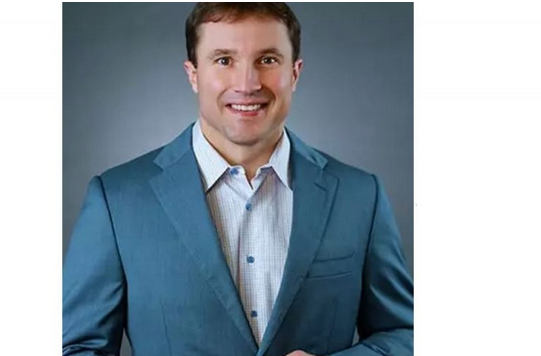Introduction:
While cleft palate and lip are often associated with physical differences, the psychological toll of untreated cleft conditions remains largely unexplored. In this article, Dr Mark Austin North Carolina sheds light on the profound psychological implications faced by individuals with untreated cleft palate or lip.
Stigma and Social Isolation:
Dr. Mark Austin underscores the role of perceived physical appearance in societal acceptance. Individuals with untreated cleft conditions may experience social rejection, bullying, and stigmatization due to their facial differences and potential speech difficulties. This can lead to social withdrawal, isolation, and overwhelming loneliness.
Low Self-Esteem and Poor Body Image:
As children with untreated clefts transition into adolescence, they become acutely aware of their appearance. Their distinctiveness can trigger self-consciousness about their facial disfigurement, contributing to a negative body image. Over time, this negative self-perception can erode self-esteem and self-worth.
Impact on Academic and Career Achievements:
Untreated cleft conditions can result in speech difficulties, which, in turn, lead to educational Dr Mark Austin challenges. Impaired speech intelligibility can hinder classroom participation and communication with peers, affecting academic performance. Over the long term, untreated cleft conditions may limit professional opportunities, exacerbating psychological distress.
Increased Risk of Psychological Disorders:
Dr. Mark Austin highlights the accumulation of psychological stress associated with untreated cleft conditions, which can escalate into serious mental health issues. Research indicates a higher prevalence of anxiety, depression, and other psychological disorders among individuals with untreated clefts compared to their peers.
The Light at the End of the Tunnel: Psychological Interventions:
Dr. Mark Austin offers a ray of hope through various psychological interventions:
Prompt Surgical Intervention: Early surgical correction of cleft conditions significantly improves facial appearance and speech, thereby minimizing the psychosocial impact.
Counseling and Psychotherapy: Counseling provides essential tools to cope with psychological stress, enhance self-esteem, and improve body image. Cognitive-behavioral therapy can be particularly beneficial in managing associated anxiety and depression.
Support Groups: Connecting with others facing similar experiences can alleviate feelings of isolation. Support groups offer a sense of belonging, reduce the perception of being different, and foster positivity.
Conclusion:
In conclusion, Dr Mark Austin North Carolina sheds light on the often-overlooked psychological struggles faced by individuals with untreated cleft palate or lip conditions. Understanding the profound impact on self-esteem, social interactions, education, and mental health underscores the importance of early intervention and comprehensive care, offering hope for improved well-being and a brighter future for those affected by cleft conditions.



